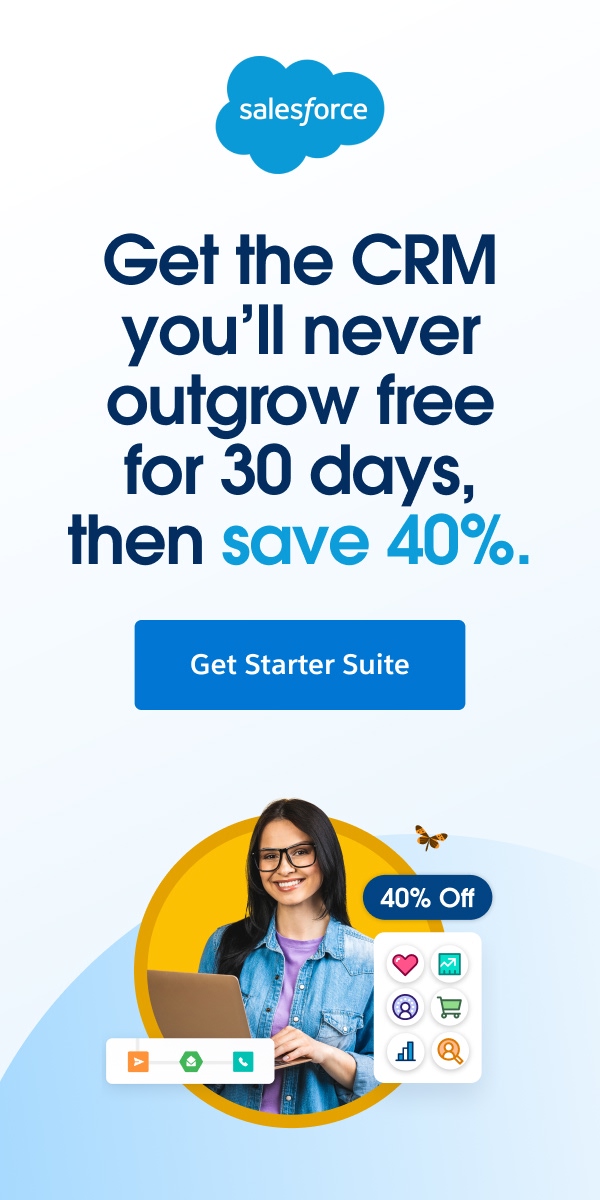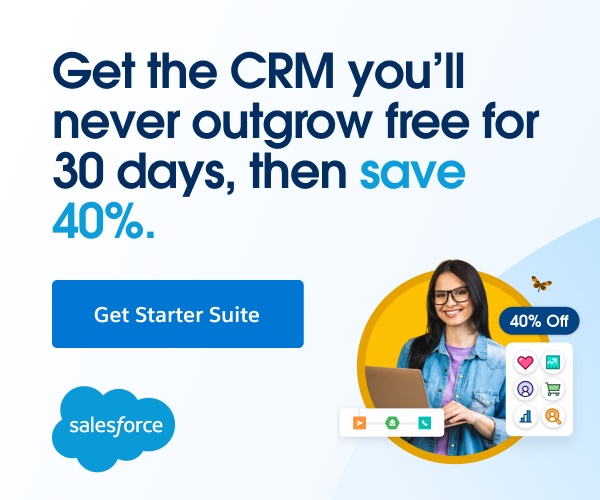Lesley Calland, the founder of myonlinecoach and mentor of the Exchange tech scale-up programme, is one such example. She says age was a blessing rather than a barrier when founding her tech startup in her late fifties, which supports coaches and businesses in a number of ways. It allows a business’s employees to find coaching at a time that suits them to enhance their career and wellbeing, it also allows coaches to connect with new customers and fill their spare capacity.
Lesley was 58 when she and her business were named a Tech Nation Rising Star in the Manchester region. A coach for 14 years working with high-growth SMEs in the north, Lesley decided that she wanted to have a bigger impact than she could deliver on her own as a sole trader. She also wanted to be a strong female influence on the world and set an example for her granddaughter. “I embrace the things that I don’t know and use technology to stay relevant. I wanted to use technology to reach as many people as possible through coaching. My success is measured by the amount of people the platform impacts not wealth.
“I was comfortable in my career; I had a long-running and stable business that was generating a consistent and regular income. In fact, I probably should have been planning for retirement – I’m a grandma now and my son is in his twenties. But I decided that I hadn’t achieved enough just yet. I have coached over 3,000 people but I felt that I hadn’t made a big enough impact on people’s lives. So, at the age of 58, I decided to start a tech business. I needed a way to scale what I was doing as a one-person business and a tech platform was the solution.
“I used technology to expand my coaching beyond my immediate network and help people worldwide. I now have a network of people across the globe coaching people in seven different countries and three different languages. I couldn’t have imagined that five years ago.
“The pandemic shifted how we work, and people are now much more comfortable receiving coaching through a screen. This change helped the business and we have leveraged it to make coaching more accessible to everyone. Businesses that want to look after their employees can give their workforce access to the platform as a benefit of the job. It also allows career development, and they are more confident and comfortable in their role.”
Life experience
Years of knowledge and lived experience can be leveraged by older founders to tackle complex problems, make strategic decisions, and navigate the challenges of building a startup. Extensive research from Martin Murmann, professor of entrepreneurship and innovation strategy at Bern University of Applied Sciences, reveals that older entrepreneurs have a unique advantage. The study found that for every 10 additional years of age, there's an increased likelihood of introducing new-to-market innovations.
Late-career entrepreneurs, aged 50 and above, are more than three times as likely to introduce new innovations compared to the sample average. This positive impact continues until retirement, emphasising the value of their experience.
Lesley continued, “Aspiring older age founders should recognise that their experience is a powerful asset, allowing them to draw upon their wealth of knowledge and contribute meaningfully to the ever-evolving tech industry. While you may not be familiar with the latest tool or innovation there are lots of transferable skills and knowledge from previous experiences. Many things including the economy are very cyclical.
“There are plenty of parallels in startup life and businesses. I was a single mother and I brought up my son alone – bootstrapping a business is very similar. You have to make do with what you can, be strict when budgeting and interrogate any new costs before incurring them. For example, is there a better and more inexpensive alternative?
“For me, the financial constraints were on a totally different level. I had no concept of how much investment would be required to get to the MVP level. Or if I was having the wool pulled over my eyes. However, I actively prepared myself for that financial cost and cut back on my personal spending patterns.
The importance of a community
“There isn’t a handbook that comes with running a business. It’s important to share the good times as well as the bad. You only learn from other people’s mistakes – other people’s achievements inspire you. Being so open and sharing with others has made a real difference. Joining an accelerator and community of like-minded entrepreneurs also helped develop me and my business.
“I was accepted on to Exchange, the tech scale-up programme in Manchester city centre. It helped shape my decision-making, allowed me to compare notes with other founders, and enabled me to speak to people that normally I would never have had a chance to meet. They check in on you personally too.
Passing on my wisdom
“Once I have scaled my business to a position I am happy with, I want to become an angel investor. Specifically, someone who helps single parents and women who are in my position. It’s well noted that women are underrepresented in tech and a criminally small amount of funding is put into female-led start-ups. This must change and I want to have a hand in this transformation.
“There are lots of people sat on ideas that don’t know what to do with them. If they are serious about turning them into a business, then they need to start today and investigate whether the idea would work. You have to commit everything to a business for it to succeed. I have recently become a mentor on Exchange’s mentor and advisor panel in an effort to give back to the community that supported me and my business in the early stages. I play the role of ‘business mum’ but there is a serious side to it as well and I’ve been able to support some of the current cohort of founders.
“It is cliché and therefore true, if you work on something that you’re already passionate about then it doesn’t feel like work. If you can talk and pitch about your business in a field, you’re passionate about then people will be hooked – clients, investors etc.”
The previously discussed research from Bern University also found that older age entrepreneurs also have an improved ability to act as advisors, board members, or investors to younger entrepreneurs. They can contribute significantly to innovation, fostering collaboration and knowledge sharing. This age diversity in teams leads to the creation of more important innovations, highlighting the potential benefits of intergenerational collaboration.
Lesley concludes, “So in my opinion, age is truly just a number when it comes to starting a business. Organisations that have a mix of ages and experiences will prosper and you’re never too old – just act on your idea and give it all your energy and experience.”
Lesley Calland is the founder of myonlinecoach and mentor of the Exchange tech scale-up programme










